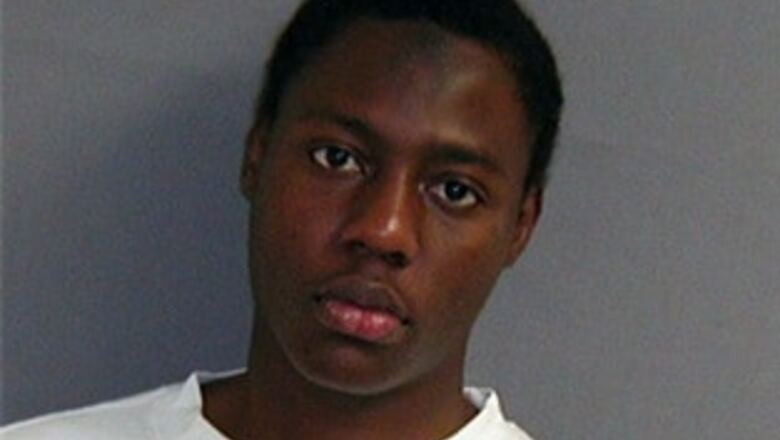
views
Washington: As an Al-Qaeda faction claimed responsibility for last week's attack on a US airliner, reports citing experts said a dangerous explosive allegedly concealed in the suspect's underwear could have blown a hole in the plane.
Citing two federal sources briefed on the investigation for what could have happened, Washington Post on Tuesday said authorities are still analysing a badly damaged syringe that Nigerian passenger Umar Farouk Abdulmutallab allegedly employed as a detonating device.
But preliminary conclusions indicate that he allegedly used 80 grams of PETN-almost twice as much of the highly explosive material used by convicted shoe bomber Richard C Reid.
A day after Homeland Security Secretary Janet Napolitano said there was "no indication" the incident was connected to a larger plot, there were increasing signs that the failed bombing may have represented one of the most serious terrorist threats in the United States since the attacks of September 11, 2001, Post said.
In a statement, Al Qaeda in the Arabian Peninsula, a group based in Saudi Arabia and Yemen, claimed responsibility for the attempt to destroy the Northwest Airlines jet, saying it was a response to US-backed airstrikes against the group in Yemen.
In the statement, published on radical Islamist Web sites, the group hailed the "brother" who carried out the "heroic attack." The group as cited by CNN said it tested a "new kind of explosives" in the attack, and hailed the fact that the explosives "passed through security."
"There was a technical problem that resulted in a non-complete explosion," the message said.
A US counter-terrorism official cited by CNN said Al Qaeda in the Arabian Peninsula's message Monday seems credible and they have some involvement in the attempted attack but added investigators are still looking into the claim.
US authorities have focused their investigation on how Abdul Mutallab allegedly smuggled the explosives aboard the flight and who might have helped him.
"We're ascertaining why it was that he was not flagged in a more specific way when he purchased his ticket, given the information that we think was available, allegedly was available," Napolitano told CNN's "American Morning" Monday.
Meanwhile, the State Department Monday said counterterrorism agencies were warned that Abdulmutallab may be under extremists' influence.
But spokesman Ian Kelly said it was up to the National Counterterrorism Centre to coordinate the interagency effort that would have blocked him from entering the US.
US counterterror agencies received the information on Nov 20, a day after the suspect's father provided it, but it was not enough to revoke the visa, he said.
Kelly said officials get thousands of negative messages about people that are not always accurate. Abdulmutallab got the two-year tourist visa in 2008 because he had money, was attending a reputable school and had visited the US before, he said.












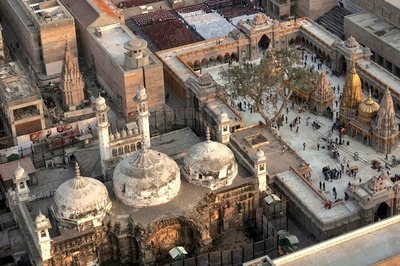
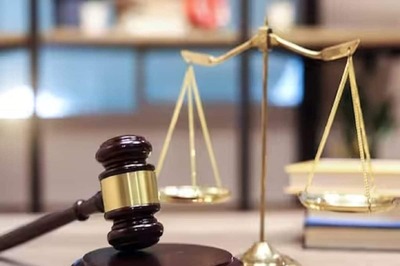

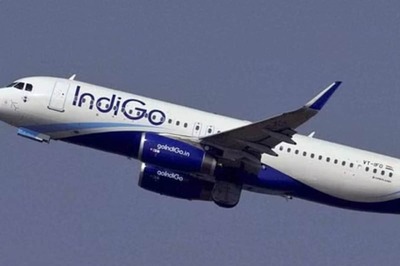



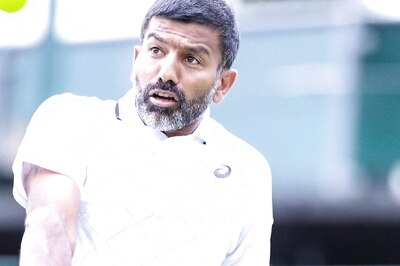
Comments
0 comment